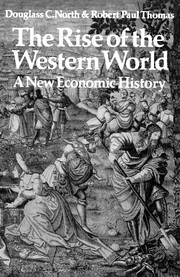10 - France and Spain – The Also-Rans
Published online by Cambridge University Press: 05 March 2012
Summary
We have seen that despite the magnificence of their courts and the scale of their imperial ambitions, both France and Spain failed to keep pace with the Netherlands and England. Both absolutist monarchies, caught up in a race for political dominance, failed to create a set of property rights that promoted economic efficiency. The result for their economies was stagnation.
We must return to earlier centuries to pick up the story of French political history. The dismal period of the Hundred Years War saw not only invading English armies occupying parts of France and marauding bands of mercenaries preying on the countryside, but also seemingly endless squabbles among the great nobles themselves. France was a country in name only when Charles VI died in 1422 after agreeing to accept the king of England as his heir. A rival, the Dauphin Charles, had backers for his claim to the throne among the Armagnac nobles outside the English- and Burgundian-controlled territory of what today we consider France. He faced the awesome task of recovering more than half his claimed kingdom from the hands of the English and Burgundians – a task which required desperate and expensive expedients. During Charles' first years as king, he found it necessary to call repeatedly on the national Estates General for their co-operation in obtaining the necessary fiscal measures.
- Type
- Chapter
- Information
- The Rise of the Western WorldA New Economic History, pp. 120 - 131Publisher: Cambridge University PressPrint publication year: 1973

